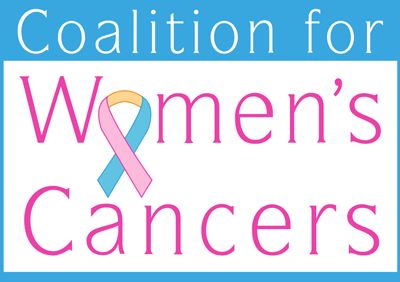Get Screened for Women's Cancers

Gynecologic Cancer Cheat Sheet
In the United States, more than 83,000 patients are diagnosed with a gynecologic cancer annually. The three most common gynecologic cancers are uterine, ovarian, and cervical cancer. Each cancer may have a variety of symptoms and associated risk factors that may include:
Risk Factors:
- I am not getting screened regularly with a Pap test
- I am at high-risk for human papillomaviruses (HPV)
- I smoke
- I am very overweight
- I eat a diet high in fat.
- I am a woman older than age 60
- I started menstruating at an early age—before age 12
- I take hormone replacement therapy (HRT) drugs
Warning Symptoms:
- Indigestion, heartburn, nausea, or gas
- Abdominal swelling or discomfort
- Pelvic pain or cramping
- Bloating or a sense of fullness, even after small meals
- Backache
- Painful, frequent, or burning urination with no infection
- Diarrhea or constipation
- Loss of appetite or unintentional weight loss or gain
- Vaginal bleeding or irregular periods
- Unusual vaginal bleeding or discharge after menopause
- Pain during intercourse
These symptoms can often be similar to other diseases and conditions. However, if you are experiencing any of the above symptoms, make an appointment with your doctor right away. You should discuss which of the following diagnostic tools are appropriate for you: PAP Test, CA 125 Blood Test, Trans-vaginal Ultrasound, Biopsy.
Contact The National Women’s Health Information Center for information on health insurance coverage or free clinics. Visit www.womenshealth.gov or call 1-800-994-9662.
Remember, early detection equals survival!
This information was provided by the American Cancer Society and The Gynecologic Cancer Foundation.
This information was reviewed by the Cancer Schmancer Medical Advisory Board.
Last updated: August 2010

